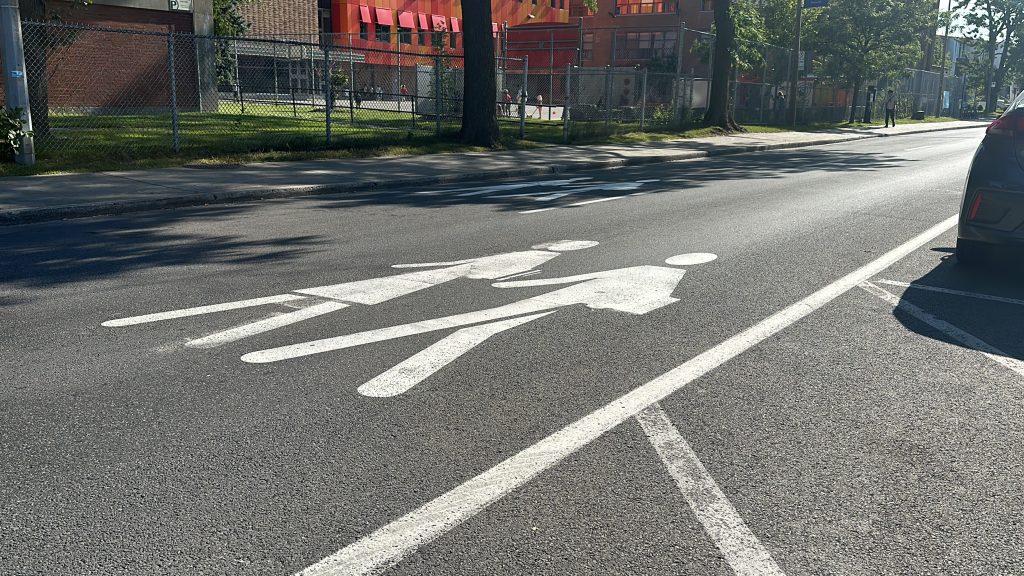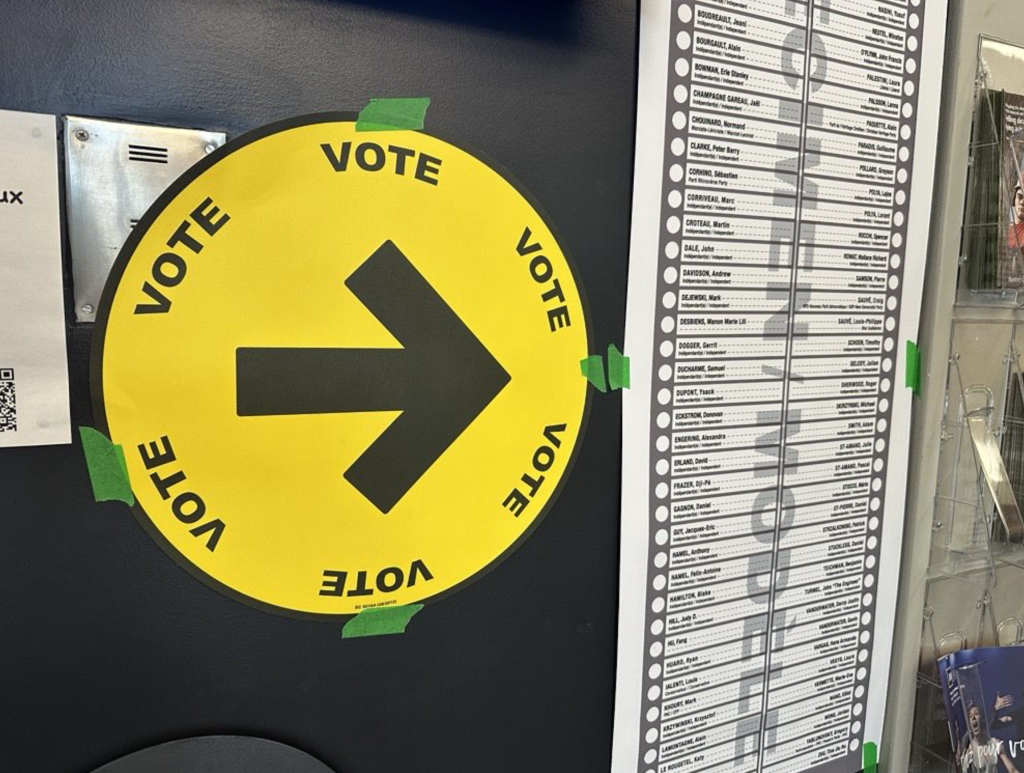Canadian, Quebec, Montreal governments suspend advertising on Facebook, Instagram
Posted July 5, 2023 12:28 pm.
Last Updated July 5, 2023 11:26 pm.
The federal government will stop advertising on Facebook and Instagram, says Heritage Minister Pablo Rodriguez.
Quebec Premier François Legault says the province will do the same. The City of Montreal and Quebec City quickly followed suit.
The decision comes after Meta began blocking Canadian news content on its Facebook and Instagram platforms in response to Canada’s recently passed Online News Act, which would make tech giants pay media outlets in exchange for using their content.
Rodriguez says the decision from Meta, which is already blocking content for some users as part of a test that began before the bill passed, is “unreasonable” and “irresponsible,” and as a result, Canada will stop advertising on their platforms.
Legault said the choice was made in solidarity with the media.
“In solidarity with media outlets, the decision was made to cease all government advertising on Facebook until Meta resumes discussions on the application of C-18” Legault tweeted. “No business is above the law.”
En solidarité avec les médias, la décision a été prise de cesser toute publicité du gouvernement sur Facebook, le temps que Meta reprenne les discussions sur l’application de la loi C-18. Aucune entreprise n’est au-dessus des lois.
— François Legault (@francoislegault) July 5, 2023
RELATED: Google set to remove news links in Canada over online news law
“This is a real risk that we’re facing and the whole world is looking at Canada right now to see, ‘Are they going to stand up to Facebook?’” asked Michaël Nguyen, president of Professional Federation of Journalists of Quebec.
For Michael Nguyen, president of Quebec’s Professional Federation of Journalists, the suspension is less a financial punishment against Meta, and more a message, that the governments won’t back down from having the Act implemented and complied by big tech companies.
“We’re talking about a few millions of dollars for Facebook, for Meta. The amounts are minimal. It won’t change anything financially for them. But it sends the message that every Canadian is united in this fight against Facebook who wants to deprive Canadians of accessing news.”
Montreal Mayor Valérie Plante echoed that sentiment in her own tweet Wednesday, saying it was made “in solidarity with the media.”
“Meta’s refusal to share journalistic information is very concerning,” Plante tweeted. “Access to verified and quality information is essential.”
Quebec City Mayor Bruno Marchand says he asked the city to suspend all ads on Meta.
Nous avons décidé de suspendre toute publicité de la Ville de Montréal sur Facebook en solidarité avec les médias.
Le refus de Meta de partager l’information journalistique est très préoccupant. L’accès à des informations vérifiées et de qualité est essentiel.#polmtl #polcan
— Valérie Plante (@Val_Plante) July 5, 2023
J’ai demandé à la @villequebec de suspendre toutes nouvelles publicités sur les plateformes de Meta. L’importance de nos médias n’est plus à démontrer pour une information de qualité. Nous devons les soutenir.
— Bruno Marchand (@brunomarchand) July 5, 2023
Centre for Media, Technology and Democracy’s Supriya Dwivedi says it will take more than the Canadian governments to see action from Meta.
“For Meta, I can’t imagine that the municipality of Montreal, the government of Quebec, and the government of Canada actually make that much of a dent in their total ad sales. But once you start talking about governments and other jurisdictions, then it starts to snowball. That’s where they start to the pain,” said Dwivedi.
“This whole argument has very little to do with Canada. *CUT* The response that we are seeing from the platforms isn’t so much about the Online News Act itself or Bill C-18. It’s more about what is happening in other jurisdictions like the state of California that has a very similar bill that is working its way through their legislature,” Dwivedi added. “The more you hear from other jurisdictions, whether it’s American or European, I think that’s what’s really going be a game changer for this whole debate and how the platforms respond.”
Google has also promised to start blocking Canadian news when the bill comes into force in six months, but Rodriguez says the government is in talks with the company and believes their concerns will be managed by the regulations that will come to implement the bill.
Google did not say exactly when the changes will happen, but it will be before the law comes into force. The law passed last week and will come into effect by the end of the year.
Rodriguez was joined at a press conference today by MPs from both the Bloc Québécois and the NDP, which both backed the legislation.



